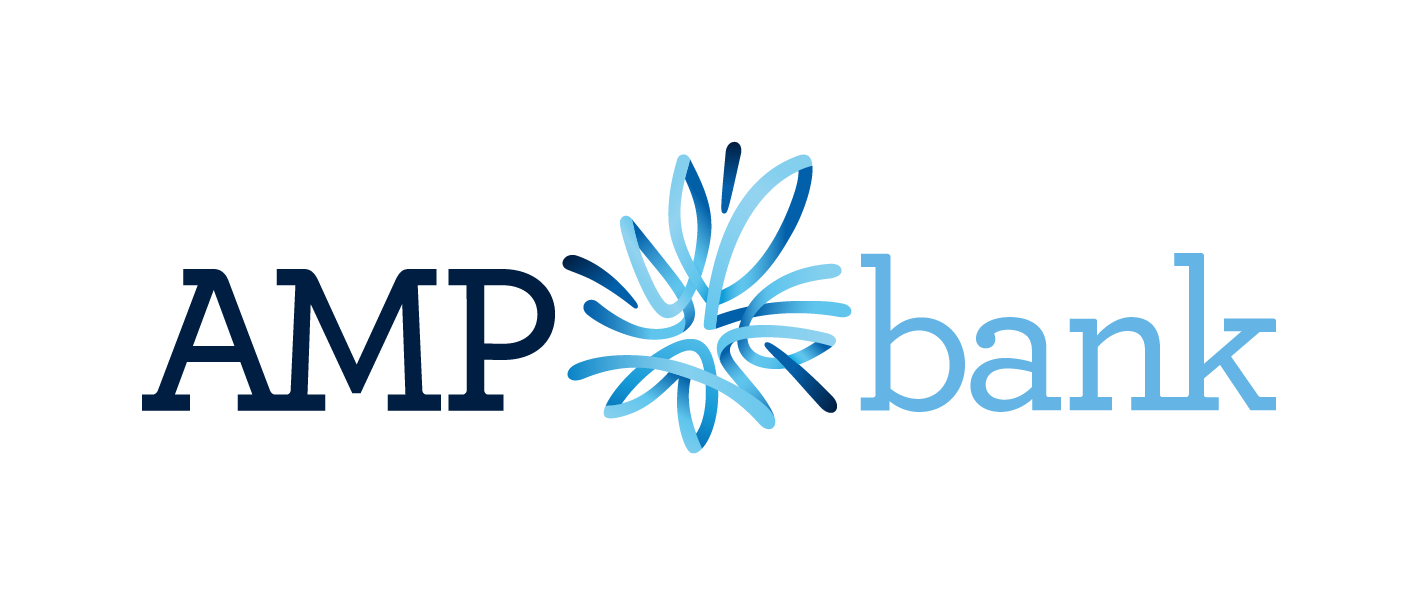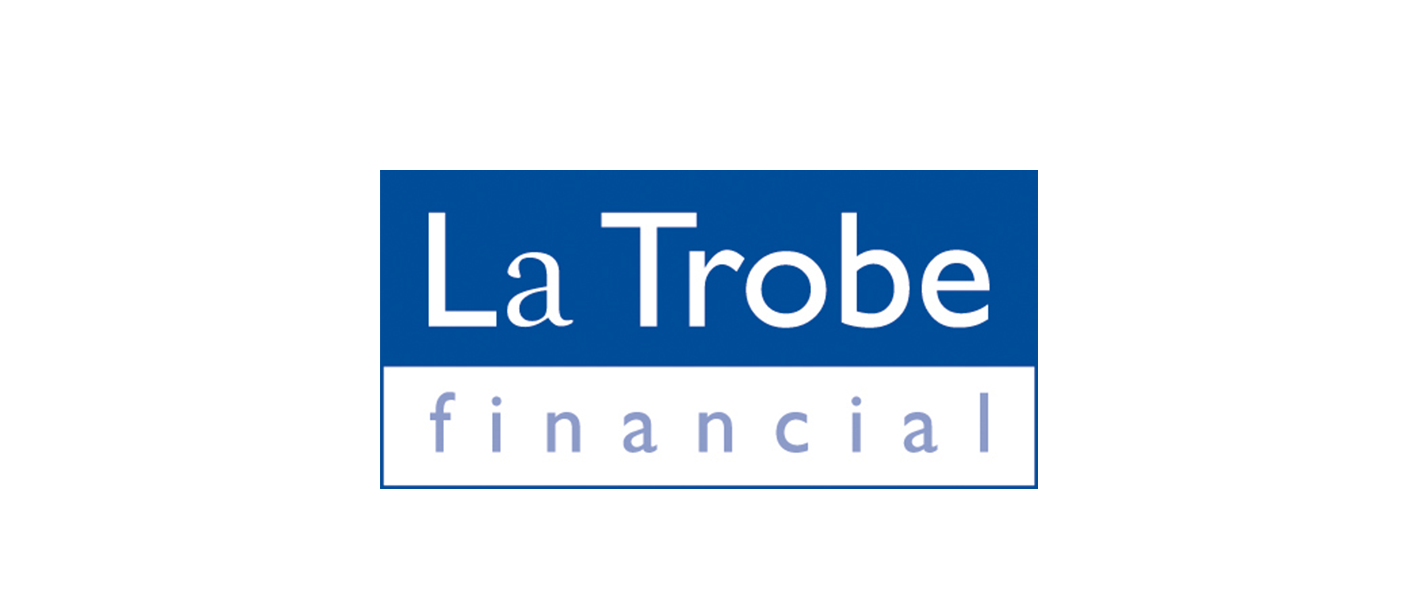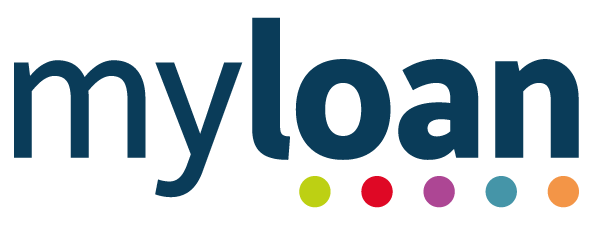Loan Types

Fixed Rate Loans
A fixed rate loan is where you can elect to fix the interest rate on your loan for an agreed period normally between 1-10 years. The main benefits of a fixed rate loan include your interest rate remains fixed irrespective of what happens to official interest rates which can be good if you want to carefully budget your repayments. However, some fixed rate loans do not provide the ability to make extra repayments, redraw, use offset accounts and if you wish to repay the loan in full during the fixed rate period an early termination cost may be applicable.
Variable Rate Loans
With a variable rate home loan, the interest rate on your loan can move either up or down normally in line with any changes to official interest rates or in some circumstances your individual lenders own market pricing parameters. Variable rate loans provide a fully flexible option with the main benefits including the ability to make extra repayments, redraw, use offset accounts and repay the loan at anytime without penalty. The most important thing to do when taking out a variable rate loan is to budget for any possible future increases in interest rates, and make sure that you’re able to meet your repayment obligations should rates rise.
Split Rate Loans
A split rate loan allows you to split your total loan amount between a combination of both fixed interest and variable interest rate loans. This means that regardless of the economic situation your loan will be partially suited to it. However, it will also mean that you will be unlikely to receive the full benefits of a choice one way or the other.
Introductory or Honeymoon Loans
Introductory or Honeymoon rate loans are offered by most lenders and provide a low interest rate for an introductory or honeymoon period, usually for the first year. Once the introductory or honeymoon period is finished, the interest rate usually reverts to a higher rate which will remain applicable for a specific period of time. The main benefits of this type of loan, is it allows a cheaper interest rate to be provided which keeps your repayments low during the introductory period which may allow you to redirect any surplus income to assist you establish yourself in your new house or even make extra repayments to your loan. However these type of loans may not offer all the benefits and flexibility of other types of loans and in some circumstances have early termination costs should you wish to repay loan early. With these types of loans it is also important to budget for an increase in your repayments at expiry of your introductory period.

















